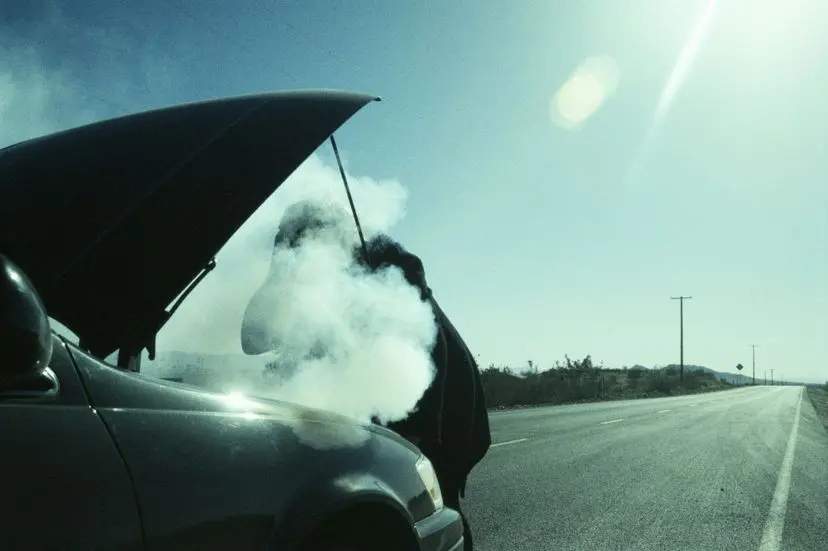Вивчення англійської мови може бути простим і захопливим, якщо підібрати відповідні матеріали та комфортний темп. На цьому сайті зібрані адаптовані тексти англійською, статті для читання та онлайн вправи, які підлаштовуються під рівень знань.
Тут можна почати англійську для початківців або навіть з нуля — усе повністю безкоштовно і доступно без реєстрації. Кожна стаття адаптована за рівнями (A1, A2, B1 і вище), щоб процес не перевантажував, а допомагав рухатися вперед і відчувати прогрес.
Для тих, хто хоче вивчити англійську мову самостійно, пропонуються різноманітні інструменти: читання англійською мовою онлайн, вправи з англійської граматики, практика англійської мови та тренажер англійських слів.
На сайті можна знайти англійські тексти з перекладом, щоб легше розуміти зміст нових слів, та англійські статті з різних тем — подорожі, робота, культура, повсякденне життя.
Якщо стоїть мета швидко вивчити англійські слова та покращити граматику англійської онлайн, підійдуть спеціальні інтерактивні завдання та рекомендації.
Для зручності є додаток для вивчення англійських слів та виразів, який нагадує про нові слова та допомагає закріплювати їх.
Усі матеріали створені так, щоб персоналізоване навчання англійській мові стало простим, доступним та результативним.
Decoding Your Car's Signals: What White Smoke from the Exhaust Means

Understanding Your Car's Smoke Signals
Ever notice smoke coming from your car's exhaust pipe? It can be worrying. While a little bit of visible exhaust is normal, especially in cold weather, different colours of smoke can tell you important things about your engine's health. Today, we're going to talk about white smoke and what it might mean for your vehicle.
Is It Just Steam or Something More Serious?
When you first start your car on a cold morning, you might see thin, white "smoke" coming out. This is usually just water vapor, or steam, which is a normal part of the engine warming up. As the engine gets hot, this steam should disappear quickly. It's harmless.
However, if you see thick, white smoke that doesn't go away, even after your engine has warmed up, or if it smells sweet, then it's a sign of a problem. This kind of persistent white smoke often points to coolant burning in your engine. Coolant is the liquid that keeps your engine from getting too hot.
The Hidden Dangers of Coolant Leaks
When coolant gets into the engine's combustion chambers (where fuel is burned), it causes a lot of thick, white smoke. This usually happens because of a damaged seal or a broken engine part. Here are the most common culprits:
- A Damaged Head Gasket: The head gasket is a vital seal between the engine block and the cylinder head. If it breaks, coolant can leak into the engine's cylinders. This is a very common cause of white smoke and needs to be fixed quickly to prevent more damage.
- A Cracked Cylinder Head: The cylinder head sits on top of the engine block. If it gets a crack or bend, it also lets coolant into the engine, leading to white smoke. This can happen from overheating or just from the engine getting old.
- A Cracked Engine Block: This is a very serious issue. A crack in the main metal part of the engine means coolant (or oil) can get into the engine's working parts. A cracked engine block often happens from severe overheating and might mean you need a new engine.
Why It's Important to Act Fast
Ignoring persistent white smoke is risky. When coolant mixes with oil or burns in the engine, it can lead to:
- Engine overheating
- Loss of engine power
- Serious and very expensive engine damage, sometimes beyond repair.
What To Do If You See Thick White Smoke
If you suspect your white smoke is more than just harmless steam, here's what you should do:
- Check Your Coolant Level: Look at your car's coolant reservoir. If it's low, that's a strong sign of a leak.
- Look for Leaks: Check under your car for puddles of sweet-smelling liquid.
- Get Professional Help: A mechanic can use special tools (like pressure testers or compression testers) to find the exact source of the leak. Diagnosing the problem correctly is the first step to fixing it.
Keeping Your Engine Healthy: Prevention is Key
To avoid serious engine problems that cause white smoke, regular maintenance is your best friend:
- Check Fluid Levels: Regularly check your engine oil and coolant levels.
- Monitor Temperature: Always pay attention to your car's temperature gauge. If it starts to overheat, pull over safely and turn off the engine.
- Regular Servicing: Get your car serviced regularly by a professional. They can spot small issues before they become big, expensive ones.
By understanding what your car is trying to tell you through its exhaust, you can keep it running smoothly and avoid costly repairs down the road.
Вивчення англійської мови онлайн відкриває нові можливості для саморозвитку та кар’єри. Адаптовані статті та тексти допомагають поступово збільшувати словниковий запас і впевненість у використанні англійської.
Регулярне читання та виконання вправ роблять процес навчання звичкою, яка приносить результат. Чим частіше ви взаємодієте з англійською мовою, тим швидше помічаєте покращення.
Матеріали на сайті підходять як для початківців, так і для тих, хто продовжує вдосконалювати знання. Кожен може обрати зручний формат: читання, вправи, тренажери чи комбінацію всіх методів.
Англійська мова — це ключ до нових можливостей: подорожей, роботи за кордоном, доступу до світової інформації та спілкування без кордонів.
Почніть вчити англійську вже сьогодні — з простих адаптованих текстів та вправ. Поступово ви побачите прогрес, а навчання стане природною частиною вашого життя.